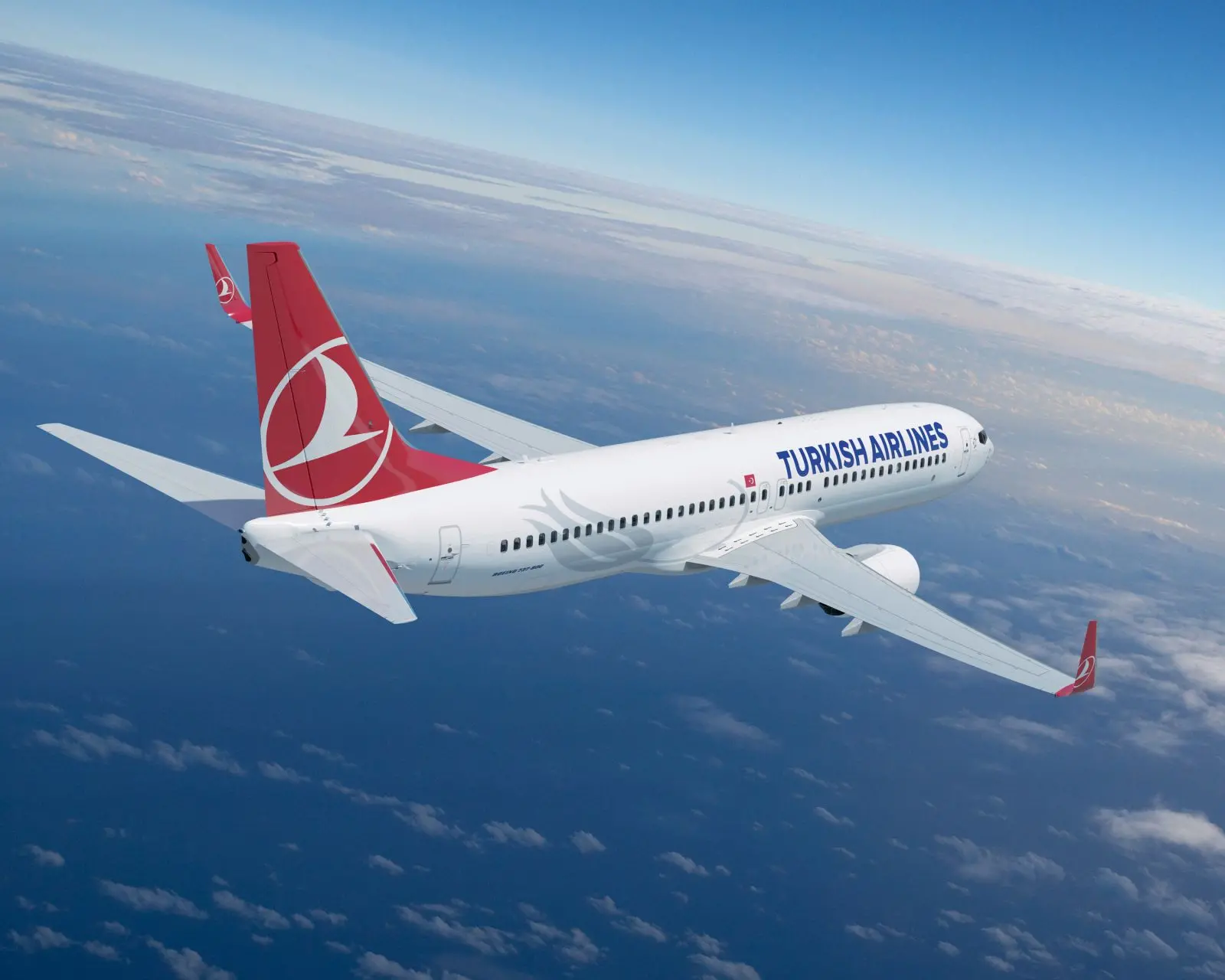Despite ongoing geopolitical tensions and challenges in aircraft production, Turkish Airlines (THY) has continued its growth trajectory, emerging stronger in the second quarter of 2024.
The airline carried a remarkable 22.1 million passengers during this period, underscoring its resilience and the effectiveness of its extensive flight network.
According to data from the International Air Transport Association (IATA), while the global aviation industry struggled to match pre-pandemic capacity levels, Turkish Airlines exceeded its 2019 passenger capacity by an impressive 38%. This achievement cements THY’s position as a leading global airline, continuing to attract travelers worldwide.
In financial terms, THY saw its total revenue climb by 10% year-on-year, reaching $5.7 billion in the April-June 2024 period. Notably, passenger revenue accounted for $4.6 billion of this total, with strong contributions from the Far East region.
Turkish Airlines’ cargo division, Turkish Cargo, also demonstrated significant growth. Operating out of Smartist, Europe’s largest air cargo hub, Turkish Cargo capitalized on the surge in e-commerce and offered a vital alternative to shippers affected by disruptions in the Suez Canal.
As a result, Turkish Cargo’s revenue soared by 48% compared to the same period last year, bringing in $885 million. The division also increased its cargo volume by 32% in the first half of 2024, making it the third-largest air cargo carrier globally, according to IATA.
Fleet Expansion Amid Industry Challenges
Despite the bottlenecks in aircraft production, Turkish Airlines managed to grow its fleet by 9% in the first half of 2024, bringing the total number of aircraft to 458. This expansion is part of the airline’s ambitious “100th Year Strategy,” which aims to operate over 800 aircraft by 2033.
While Turkish Airlines reported a 10% increase in overall revenue, the company faced pressures from global inflation and intense competition, which impacted its operational profit. The operating profit for the quarter stood at $591 million, a 26% decrease from the previous year. This dip reflects the challenges of maintaining profitability amid rising costs and competitive pricing pressures in the aviation industry.
Employment and Future Outlook
Turkish Airlines, together with its subsidiaries, now employs approximately 92,000 people, contributing significantly to the economy and providing essential jobs in a challenging global environment.
As the airline continues to expand its fleet and network, its focus remains on navigating the complexities of the global aviation market while aiming for long-term growth and sustainability.
Turkish Airlines’ robust performance in the second quarter of 2024 highlights its strategic resilience and adaptability in the face of industry-wide challenges. With a strong growth in passenger numbers, cargo operations, and fleet expansion, the airline is well-positioned to continue its upward trajectory as it approaches its centennial milestone.











